Content Sections
By Rob Verkerk PhD, founder, executive and scientific director
Many of you will know that Facebook is doing its bit to try to shut down health fraud, along with cybercrime, abuse and other less than savoury communications on its Facebook and Instagram platforms. You’re probably also familiar that, in Facebook’s effort to grow its profits (something it must now do for its shareholders), the only real way of expanding reach is to pay for promoted posts – in other words using paid ads. All this is part of Facebook’s transition to being a huge advertising platform for business. Facebook must now do what’s good for the biggest businesses in the world so that it can maximise its benefit to its shareholders. Hardly Mark Zuckerberg’s original driver for starting Facebook. But for us, as a non-profit, not a business, we’ve been using a small proportion of your donations to pay for ads for over a year in our effort to extend our reach so that we can have more impact in line with our mission and vision.
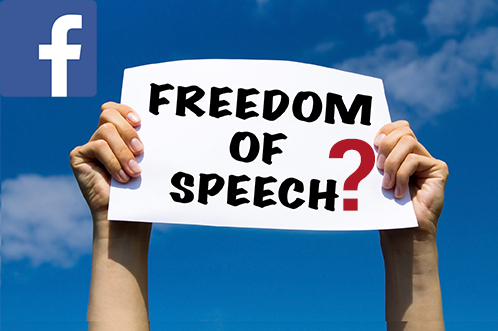
We’ve been censored
What’s now happening is that non-profits like ours have been caught up in this process – especially, it seems, if you are seen to interfere with the profit-making 'machine'. What’s prompted my appeal to you is that we’ve had our ad account disabled for 'violating' Facebook’s Community Standards so we can no longer promote posts. As Facebook has become ever more robotic (and profitable), it’s also much more difficult to talk to humans in the company to iron out problems.
The net result is that we’ve been unable to find out which of our posts supposedly violated the social media giant’s standards and we still haven’t heard from a single human at Facebook in our efforts to resolve the disabling of our ad account. When we email, we simply get automatic responses telling us we’ve violated Facebook’s standards and we should read its policies carefully so we can work out where the violations have occurred.
What Facebook policy have we violated?
The best we’ve achieved is an understanding of three areas that are most susceptible to censorship. These are as follows:
- In Part I of Facebook’s Community Standards relating to “Violence and Criminal Behaviour”, the policies in clause 5 on “Regulated Goods” mean that Facebook could challenge posts that relate to ingredients or supplements like CBD, an important non-psychotropic cannabinoid in hemp, which currently has uncertain legal status both in the USA and the EU, even where health (or medicinal) claims are not made. Despite CBD having been present in small amounts in hemp oils that have been sold for years, they’re now being targeted because they’re being sold in concentrated, supplemental form as extracts where they are perceived to interfere with the sale of prescribed drugs, which just happen to be the third biggest killers in society. The fact that CBD remains widely on sale in the US and EU is interesting – not least of all because millions are benefiting from its availability, no one is being harmed – and removing it from the market might spark mass protests among the grassroots. In both the USA and the EU, authorities are using Big Pharma-protective laws, such as the EU’s novel food law to argue that CBD supplements are currently illegal.
- In Part IV of Facebook’s Community Standards relating to “Integrity and Authenticity”, clause 19 refers to Facebook’s approach to “False News”. The policy makes clear it doesn’t remove content it has identified as likely false through its “machine learning model” in order not to stifle “productive public discourse”. But it does throttle content back, “showing it lower in the News Feed.”
- The preceding clause in the same part of Facebook’s Community Standards, clause 18 on “Misrepresentation” could also be used as a trigger, assuming a very broad reading of the current language. If we are seen to be encouraging people to use non-drug therapies that might persuade people to reduce their dependency on drugs, we could violate the company’s policies by “Mislead[ing] people in an attempt to encourage shares, likes, or clicks.” Given that we don’t promote any commercial products, that’s not one that would likely fare well in a court of law.
As you’ll know from the news, so-called ‘vaccine hesitancy’ is now massively in the cross-hairs of social media platforms and governments. It’s now listed in the top 10 threats to global health by the World Health Organization, which has long been a powerful advocate of vaccines. Facebook may have determined that the language used in the policies listed above is broad enough for it to justify its ban on ads for vaccine-related content. What we’ve now discovered from a prominent social media agency which has advised us, is that Facebook makes its decisions to block or throttle back content, or disable accounts, on the basis not only of current content, but also historic content.
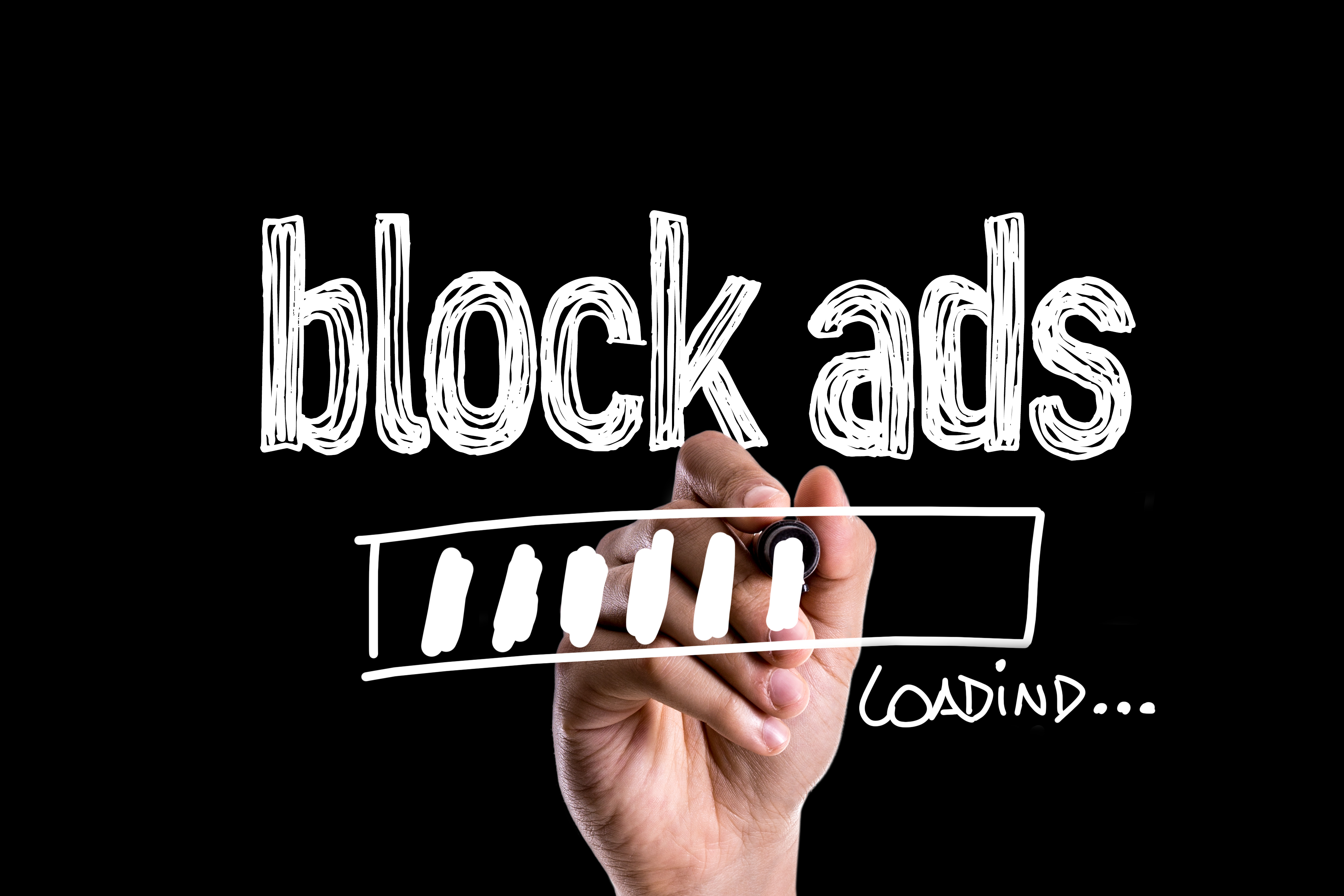
Moving forward
Given our passion for free speech, we’ve started to use a new social media platform alongside Facebook, Instagram, Twitter and YouTube, namely MeWe. You’ll find us in the Communities section under Natural Health but you’ll need to sign up first. Once signed up, you can also click here to access our Alliance for Natural Health Intl page. We’re not planning to walk away from Facebook at this stage, in part because the platform’s so widely used, and also because it’s important for us to see how the biggest social media platform in the world is going to handle our issues going forward.
Our appeal to you
Since we can’t promote posts on Facebook and Instagram anymore, your help in the following 3 areas could make a huge difference.
-
SUBSCRIBE to our weekly newsletter. Please subscribe to our newsletter which is free of charge if you haven’t done so already. Please also encourage as many of your contacts to do the same. Just click on the SUBSCRIBE button at the top of our website. Each week, we release stories and news updates about which you’ll be notified by an email. This is important because the throttling back of our social media content means you probably won’t see our posts on your feed. You will notice in future articles, there will be links in our website articles to our social media content so that traffic can be drawn to social media from our website.
-
SHARE our website and social media content. When you read articles that you like and consider relevant, both to you and others you know, please use the social media share buttons (on the side bar of the website when viewed on computers, and at the bottom on smartphones) to share these stories on your own social media feeds. This will help others that we can’t access because our reach has been limited by closure of our ad account to see the stories. On top of that, it’s quite possible that our content has been throttled back in the event that Facebook robots consider it ‘false news’ because it doesn’t mesh with the views of the status quo and so appears lower in news feeds.
-
SEARCH AND SHARE past content. We have a vast collection of articles on our website spanning our 17-year history. Many of these have not been re-shared with the growing community of people using natural health as their mainstay for health and wellbeing. Our new website has an advanced search function that can find all sorts of content with just one or a few keywords in the search box. You’ll find the search function as an icon that appears as a magnifying lens, as the second icon from the extreme top right of our website. Search away for interesting back articles – and please share these as well.
Final thoughts
These three actions should take just a few minutes of your time each week. Your help here can go a long way to counter the effect of our censorship by Facebook.
We believe it’s an assault on freedom of expression and it’s part of a deeply disturbing trend to censor information that governments and big businesses don’t like. On the other side, governments now consider that any health message that isn’t corroborated by the health and scientific establishment is fake news and dangerous. Government minister’s like the UK Secretary of State for Health, Matt Hancock – who was previously the UK’s Minister for Digital, Culture, Media and Sport – are on a mission to get social media platforms to shut down content they consider to be ‘health fraud’. Many of us see this kind of censorship to be completely at odds with the same Minister’s call for the public to take responsibility for their health.
We work tirelessly to ensure the information we provide is thoroughly supported by solid, often published, peer reviewed scientific information. We use best practice guidelines in our website articles that reference, where possible, back to primary sources.
All of the areas in question are areas of great scientific uncertainty. The data supporting them isn’t black and white – and shutting down public discourse won’t do anything to increase the public’s trust of the information coming from government or industry.
We are hugely grateful for those of you who are already helping with sharing our information on your social media accounts. We also look forward to receiving help from as many of you as possible.
It’s in all of our interests and especially those of future generations. We passionately believe that it’s incredibly important that today’s children grow up in a world in which they can make their own choices over their health, using their free will, based on their careful appraisal of all relevant information.
Let's work together to help overcome obstacles to free speech.




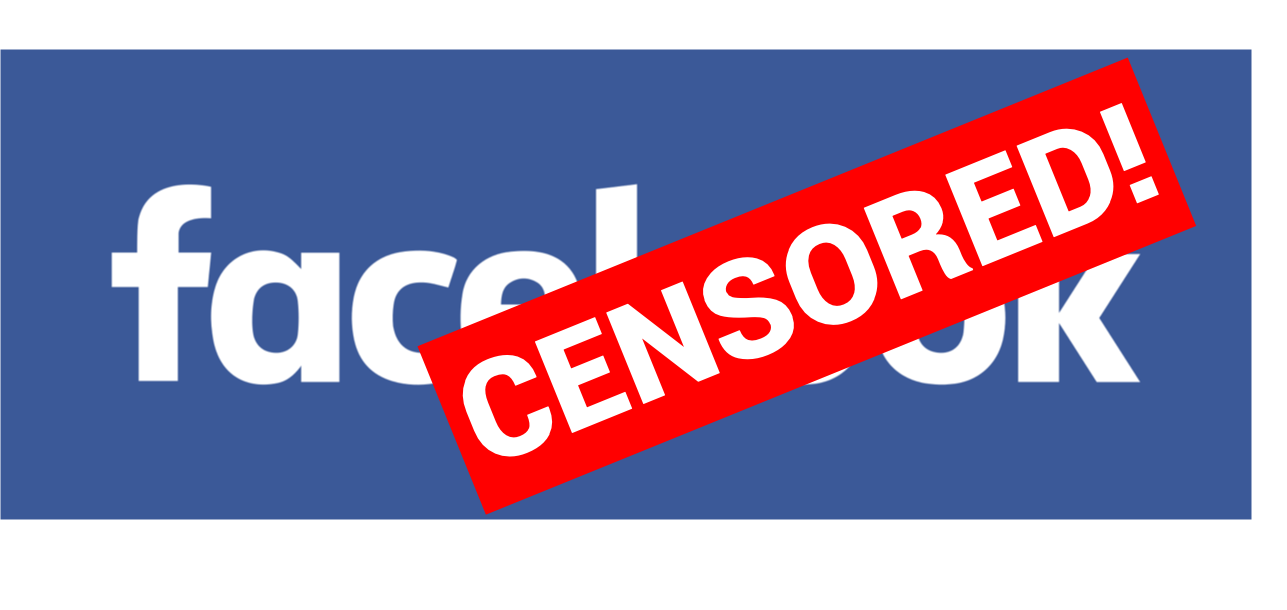
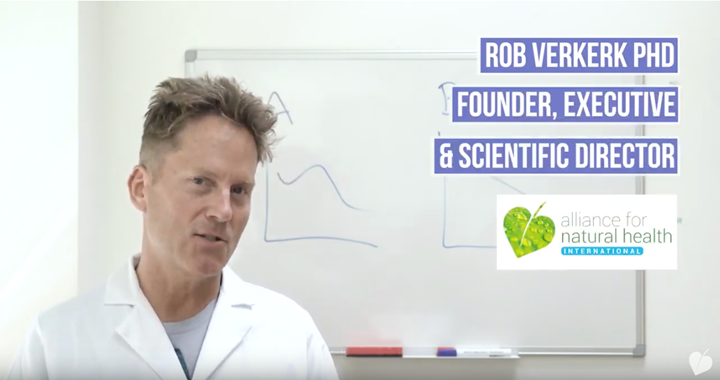
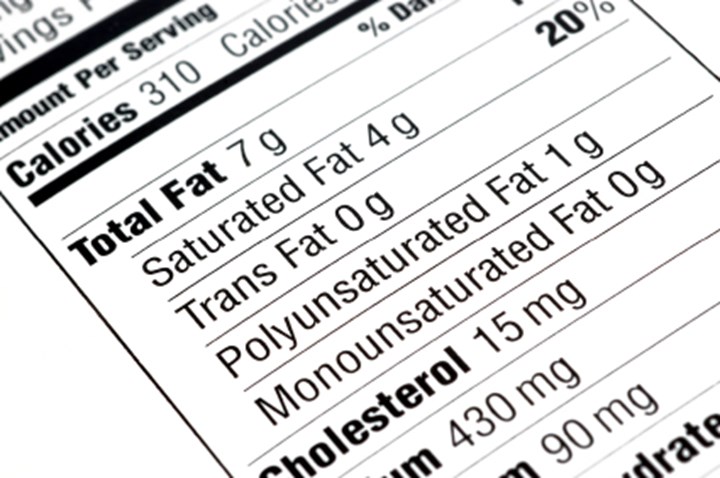
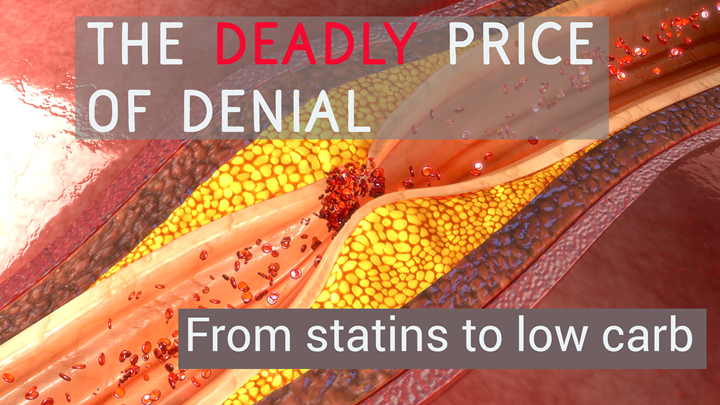
Comments
your voice counts
02 May 2019 at 6:08 am
I have followed ANH for several years now and have found this site to be informative, accurate and helpful to people who cannot obtain true health information from a complicit government and of course the various social sites. I will continue to support your excellent and informative web site !
02 May 2019 at 8:24 am
Hi Norman
Thanks so much for your vote of confidence in ANH and the work we do. Your support is very valued and appreciated.
Warm Regards
Melissa
02 May 2019 at 9:49 am
Awareness should be becoming a bigger issue than it is.
By that I mean we should look for the different opinions that exist, rather than accept what we are fed. In fact, our thinking may be limited by unhelpful beliefs imposed upon us by our parents, friends and society around us. Being aware of that alone can help us find peace from realising that we actually have choice in what we think to ensure our well being and the well being of others.
02 May 2019 at 10:15 am
__Brought to a Choice__
The attempt to work within the 'system' under some hope of change is the price of becoming 'embedded journalism' that operates the proscribed 'standard of care', according to top-down global edicts by a hidden few who 'settle science' to impose 'consensus'.
A proper accounting for the 'system' is too disturbing to the consciousness that is identified and adapted within it as a power of protection - and yet it is also true that help is extended and received as a core nature of being even under the framing and subversion of 'systemic control'.
The replacement of a living Mind by a tool makes a slave of life - but also the illusion of a power over life.
Power over life makes life in its own image by rejecting and attack or denial of all that does not support its fantasy of control as the maintaining of separation from real relationship, communication and thus from Life in true functional endeavour and expression. It runs as a protection racket by deceit and coercion such as to undermine functional wholeness for some form of privileged survival in return for a compliance and allegiance to the system that has been called and shown to operate a 'Medical Mafia'. But as such is only a facet of a mind - or use of mind that has become a broad spectrum subjection, in terms of framing life - you, I and our world, in false and life-denying definitions for prediction and control OVER, rather than functional alignment to the Call and Nature of Life.
The intention of the Internet is in its makers, funders and global roll out by and for the purpose of possession and control - because such is the purpose running the mind of systemic dictate or rulebound perception and response. The shift from attracting investment of identity in freedom to proprietary capture of corporatised identities is now moving to the Internment of Things - in which all movement of energy and informational transaction is to be monitored and adjusted - but not to a discovered laws of science so much as the weaponisation and marketisation (possession and control) of manipulative narrative control.
So seeking to 'survive' or maintain privileged access or rights as ANH - is missing the wave for the particle.
One can also see all of this in terms of frequency vibration. The signal communicates to a resonant receptivity or 'mind-set'. The frequency of fear and attempt to control from an imagined separateness from life is a dissonant blocking or jamming noise to the reaching of Life unto Its Own - but takes forms that substitute for and subvert the Living to symbolic representations, taken out of context and given false association.
Insofar as we are beings of Choice - recognising the choice we are in fact making, or persisting in without knowing we make it, is where all our conflict arises, because what we accept as our self or true of us and our world, is then given power of protection against threat perceived in its framing.
If you do not uncover a truly natural foundation from which and through which to recognise and share in the Living, it is as a direct result of active but often unmindful choice - or 'habit'.
The nature of our world at this time is making it harder to run the old habit as belief, conviction and allegiance - and so it is being revealed or re-offerred us to choose anew - or choose not to give unto fear what is due to love of life - even though fear's dissonance blocks, confuses and deceives the mind that gives attention there for power of protection.
Giving attention in Life rather than to models and images and representative currencies of life is Life through us - and to us as a relational extension and recognition.
Losing Face is humiliating but also freeing from the attempt to live the mask. Humility is a clear clean place without affectations of any kind. The habit of the 'world' is strong while it is co-created as a world of 'forgetting'. Choosing to join in re-Membering Life is releasing the surface-tensions of futility of control from the 'outside in', to a Movement of recognition whose nature is radiance or shared.
The only 'warning' is to become vigilant against deceit so as to hear and align in the Call to joy - regardless the conditions of a mind in conflict. Natural health is natural function of unselfconscious awareness in movement of being.
Disease process includes the bringing up of stored or unresolved conflicts and toxicities to a current awareness. Denials seek a light of acceptance for release when seen in light of willingness for peace of wholeness.
Your voice counts
We welcome your comments and are very interested in your point of view, but we ask that you keep them relevant to the article, that they be civil and without commercial links. All comments are moderated prior to being published. We reserve the right to edit or not publish comments that we consider abusive or offensive.
There is extra content here from a third party provider. You will be unable to see this content unless you agree to allow Content Cookies. Cookie Preferences